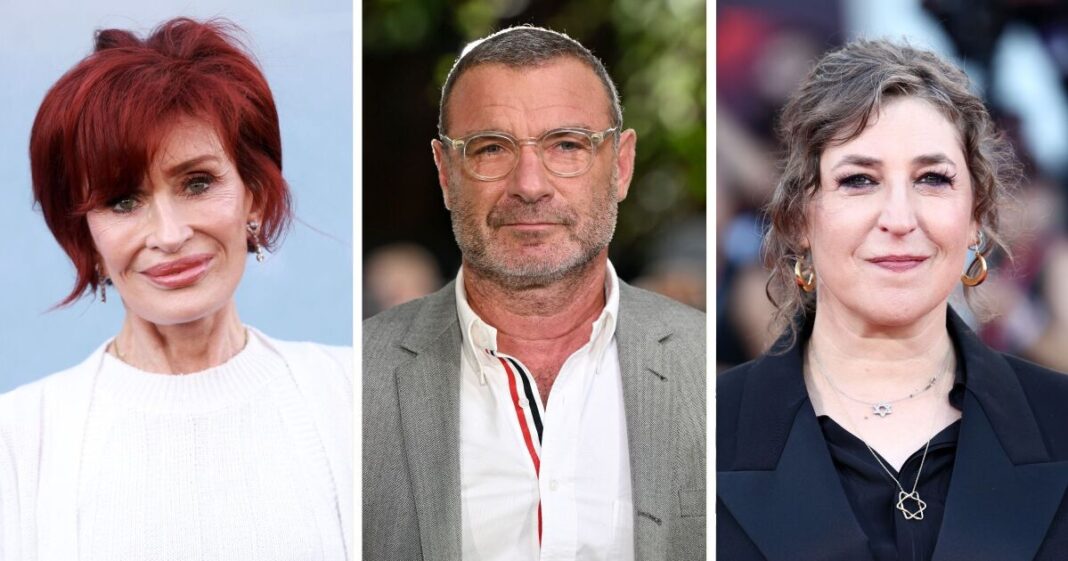Hollywood Divided: Open Letters Spark Debate Over Gaza Conflict
The Backstory
As tensions in the Gaza conflict escalate, Hollywood finds itself deeply divided, reflecting broader societal issues through the lens of art and activism. On September 9, a coalition of more than 5,000 actors and filmmakers—including notable names like Joaquin Phoenix, Javier Bardem, and Mark Ruffalo—signed an open letter advocating for a boycott of Israeli film groups. This letter, articulated as a stand against perceived complicity in human rights violations, has ignited a fierce debate within the entertainment industry and beyond.
The Dueling Letters
In response to the initial boycott, a second open letter emerged, garnering over 1,200 signatories, including prominent figures such as Liev Schreiber, Mayim Bialik, and Sharon Osbourne. This counter-letter vehemently opposes the boycott, characterizing the original signatories’ actions as “a document of misinformation that advocates for arbitrary censorship and the erasure of art.” Published by the nonprofits Creative Community For Peace and The Brigade, the letter calls upon the entertainment industry to reject what it terms “discriminatory and antisemitic boycott calls,” arguing that such actions serve only to hinder the path toward peace.
A Call for Responsibility
The second letter articulates a responsibility for the Hollywood community to embrace nuanced and truthful narratives rather than contributing to divisive rhetoric. “We cannot stay silent when a story is turned into a weapon,” it states, emphasizing that the narrative surrounding the Gaza conflict should not be distilled into oversimplified headlines or inflammatory statements. Instead, it advocates for a collective effort to foster dialogue and understanding among diverse voices.
Addressing Hostage Situations
One critical aspect of the counter-letter is its direct appeal to those who signed the original pledge. It urges them to call for the immediate release of hostages still held by Hamas, emphasizing that true advocacy for peace must also condemn actions on all sides. The letter strongly asserts that endorsing a boycott not only erases dissenting Israeli voices but also enables harmful narratives that obscure the complexities of the conflict.
The Original Letter’s Stance
The signatories of the original letter expressed a commitment to avoiding collaboration with Israeli film institutions, which they believe are intertwined with systemic injustices against Palestinians. Published in five languages by Filmmakers for Palestine, this call aims to highlight what they label as “genocide and apartheid.” While Israel has vigorously denied these allegations, the signatories frame their position as a moral imperative to stand against oppression.
Responses from Industry Leaders
Industry reactions have varied, with some major studios taking a vocal stance against the boycott. Paramount Studios, notably the only major studio to publicly address the boycott, issued a statement emphasizing that “silencing individual creative artists based on their nationality does not promote better understanding or advance the cause of peace.” This sentiment underscores a desire within parts of the industry to encourage storytelling as a unifying force rather than a divisive one.
Signatories and Their Implications
The roster of individuals signing these letters illustrates the breadth of opinions within Hollywood. While the original letter boasts a lineup of A-list stars—Emma Stone, Gael Garcia Bernal, and Alyssa Milano among them—the counter-letter features a mix of influential industry figures, such as former Paramount Global chair Shari Redstone and Will & Grace creator David Kohan. This distinction highlights a shift in engagement strategies within Hollywood, as behind-the-scenes executives increasingly recognize the platform’s responsibility in shaping social narratives.
The Broader Cultural Context
Both letters serve as a microcosm of a larger cultural confrontation over identity, morality, and artistic expression. The debates surrounding the Gaza conflict have permeated various sectors, influencing everything from film and television to art and public discourse. As artists grapple with their platforms and the implications of their stances, the divide in Hollywood accentuates the challenges of navigating complex international issues through the lens of popular culture.
The current discourse reveals not only the polarization of opinions within the industry but also the potential for art to serve as a reflection of societal friction. As this conversation unfolds, the implications for artists, filmmakers, and the broader public continue to evolve, demonstrating the profound impact of creative expression in an increasingly interconnected world.



